World Bank Report Endorses Integrated Approach to Water Management
Rising population growth and food demand coupled with climate change will test World Bank’s water resource strategy
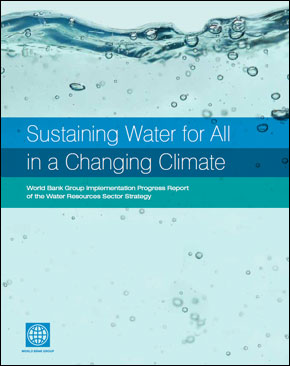 A World Bank study released last week emphasizes the importance of continuing an integrated management approach to assure that water use is linked to water availability, and that the water sector is integrated into a wide array of issues, Voice of America News reports.
A World Bank study released last week emphasizes the importance of continuing an integrated management approach to assure that water use is linked to water availability, and that the water sector is integrated into a wide array of issues, Voice of America News reports.
“We can’t properly tackle global priorities of food security, renewable energy, adaptation to climate change, public health and urbanization unless we manage water better,” Julia Bucknall, water sector manager for the World Bank, stated in a press release.
The report, Sustaining Water for All in a Changing Climate, evaluates the bank’s 2003 strategic plan and notes that climate change, population growth and escalating food demand are projected to constrain water resources. The assessment also calls for a remedy to the existing shortage of reliable data on water availability and use, according to GLOBE-Net, an online service which provides the latest news and information on environment and sustainability issues.
The World Bank’s 2003 strategy placed water at the core of its sustainable development mandate. It also emphasized the necessity of water resource infrastructure and management for economic development and poverty reduction.
From 2003 to 2009, the World Bank, led by the International Development Association (IDA) and the International Bank for Reconstruction and Development (IBRD), increased the annual commitment to the water sector from $1.8 billion to $6.2 billion. Specific emphasis was placed on countries which experienced significant barriers to water availability. During this time period, China and India received 76 percent of the Bank’s lending commitments, the International Business Times reports.
The recent review found that the increased flow of money to the water sector has improved project performance, escalating the satisfactory ratings above the World Bank average of 75 percent, according to the Bank’s press release.
However, despite the progress, the report notes that challenges remain as nearly 900 million people don’t have access to improved drinking water and about 2.5 billion don’t have access to improved sanitation. The report emphasizes that climate change and shifting social, environmental, and economic variables will further complicate water management—highlighting the need to systematically adopt a cross-sectoral approach to water resources management.
The review made numerous recommendations in light of the forthcoming challenges including:
- Continue to integrate water resources with water services;
- Place water management higher on climate change agenda, focusing more on water’s role in climate adaptation and mitigation strategies;
- Increase support for agricultural water management;
- Increase efforts to improve sanitation in both rural and urban areas;
- Increase support for hydropower, as a clean renewable source of energy, by rehabilitating old infrastructure and pursuing new projects.
To help meet these recommendations, water commitments from 2010 to 2013 are projected to be between $21 and $25 billion.
Sources: World Bank, Voice of America News, International Business Times, GLOBE-Net


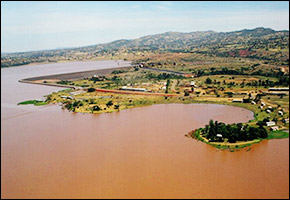

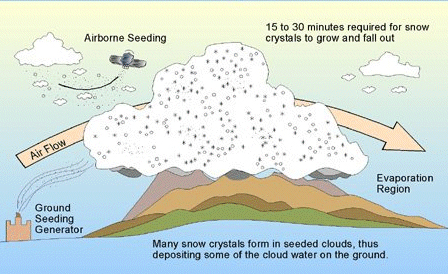
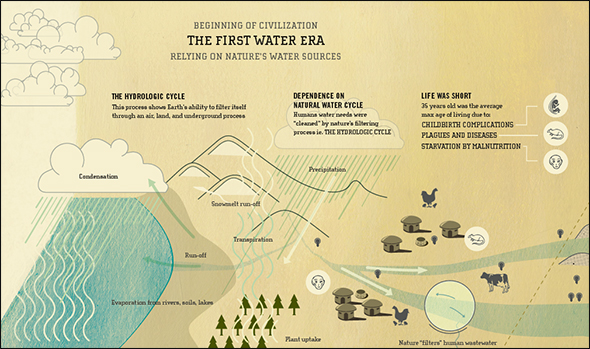

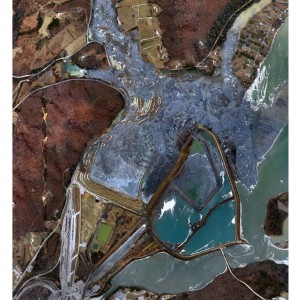

Leave a Reply
Want to join the discussion?Feel free to contribute!